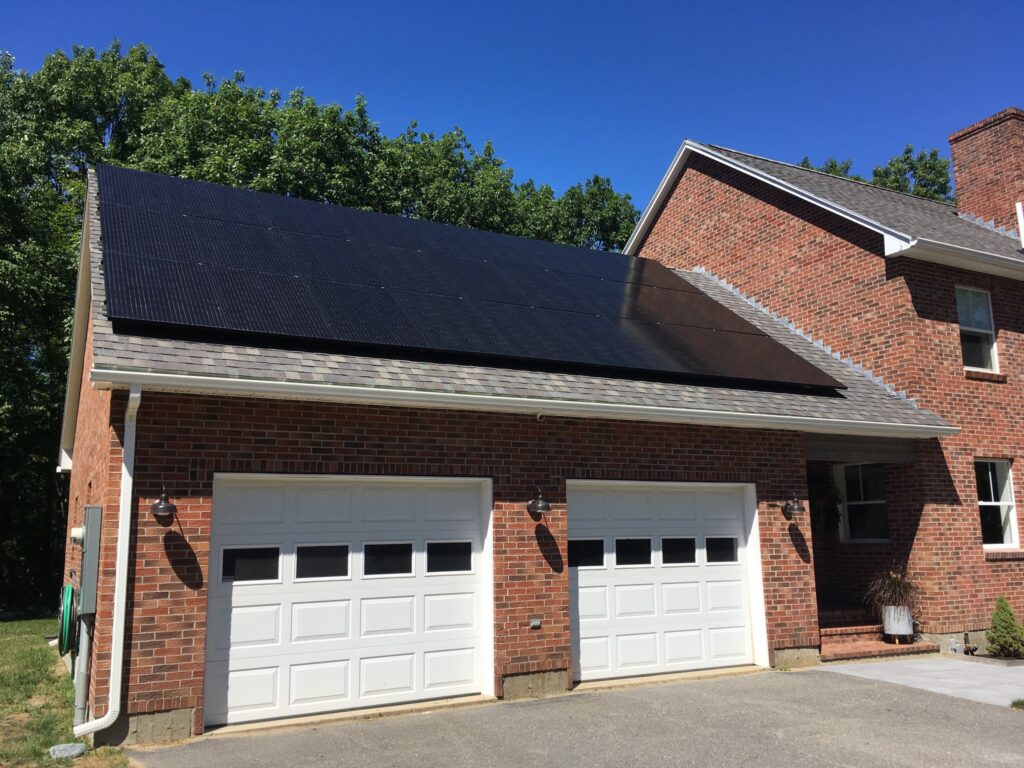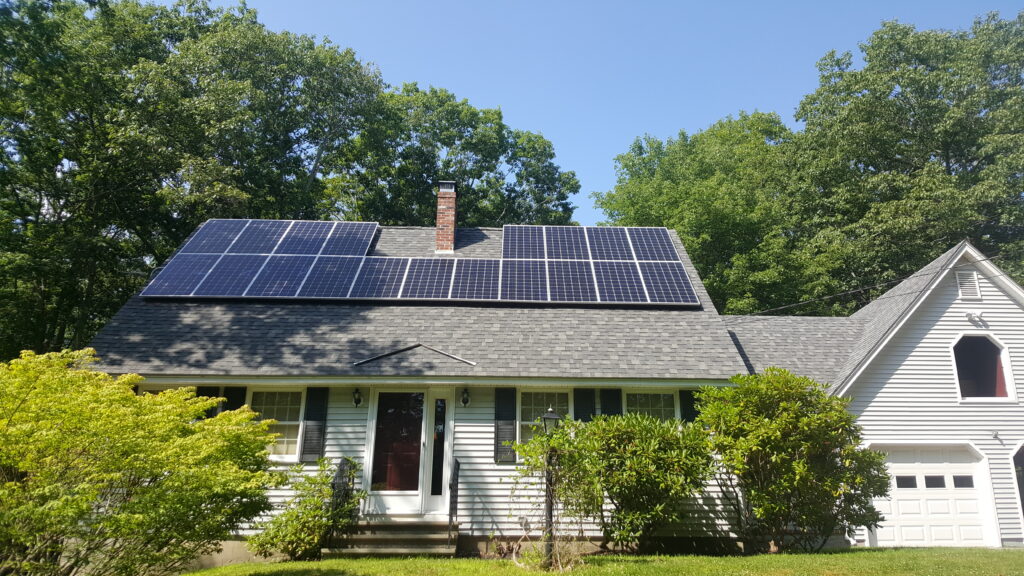What Is The Difference Between 60 Cell and 72 Cell Solar Electric Panels?
At Maine Solar Solutions, our goal is to educate you about how solar works and inform you about the various types of solar panels that are available on the market.
Whether you are considering a solar electric system for your home or commercial business, we begin our process by performing a thorough assessment of your property. Based on the information gathered during your free solar site assessment, we will present a few system designs to review with you.
These system designs will include a few solar panel brands. At Maine Solar Solutions, we provide top-rated solar panel manufacturers, including Silfab, Q-Cell, LG, Panasonic, and Solaria, to name only a few.
We choose to offer a wide range of solar panels so that our customers have choices and can consider options such as panel appearance, efficiency, country of manufacture, and value.
This means that the panels we offer sometimes come in different sizes. The two most common being Large format panels that measure approximately 40” x 80”, commonly referred to as 72 cell panels and Standard format panels that measure approximately 40” x 66”, commonly referred to as 60 cell panels.
Historically, 72 cell solar panels have been referred to as commercial solar panels, while 60 cell panels are often referred to as residential solar panels
On residential roof surfaces, where aesthetic is sometimes part of the buying decision, 60 cell panels are in higher demand. They are often available in all black or black frame construction, making 60 cell solar panels very popular in the residential marketplace.

The biggest difference between a 60 cell and 72 cell panel is that 72 cell panels are about 12″ longer. Due to their larger size, 72 cell panels contain 12 more solar cells than 60 cell solar panels. This often makes 72 cell panels a better value on a cost per watt basis than 60 cell panels.
By offering 72 cell panels, Maine Solar Solutions is providing a better value option to both our residential and commercial customers

Solar panels installed to the manufacturer’s specification to ensure a safe, long-lasting solar installation
Whether a structure’s use is residential or commercial, both 60 cell and 72 cell panel formats are commonly installed on pitched (or angled) roof surfaces. Both of these solar electric panel types are also commonly installed on ground-mounted solar arrays.
Solar panel manufacturers provide specific guidelines on the location of mounting points of their solar panels to maintain their load ratings. These mounting guidelines are identical regardless of whether the panels are installed on a pitched roof surface or an open-backed ground mounted racking system.
Every manufacturer we work with meet the UL1703 design load rating of 30 lb/ft2 and IE61215 4200 Pa load rating (4200 pa= 88 lb/ft2). It is important to note that all solar panels installed in the United States must meet these load ratings.
Maine Solar Solutions’ professional installation practices coupled with strict adherence to manufacturers installation instruction ensure that your solar electric system can handle the wind and snow loads common in Maine
Whether you want to use 72 cell panels or 60 cell panels is your choice. Both 60 and 72 cell panels are a safe and durable option for your home or commercial property.
Ready to go solar? Contact Maine Solar Solutions for a quote and to learn more about solar panels!

